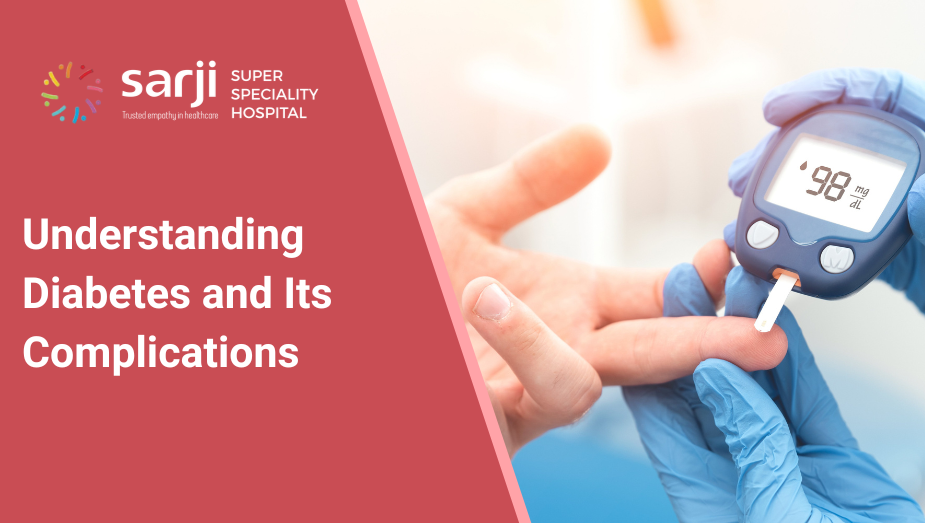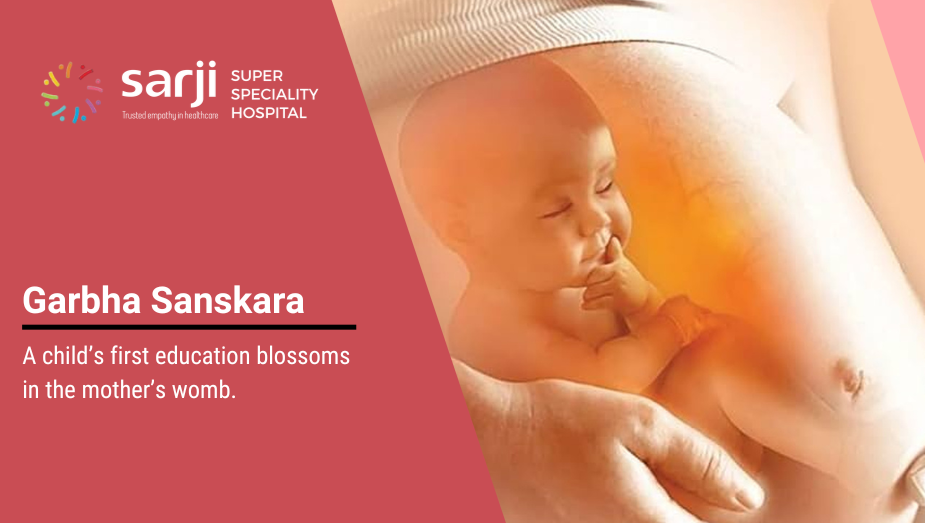
Understanding Thyroid Illnesses and Their Impact During Pregnancy
The thyroid is a small, butterfly-shaped gland located in the front of the neck, responsible for producing hormones that regulate metabolism, energy levels, and overall health. When the thyroid does not function properly, it can lead to various health issues, affecting both general well-being and pregnancy outcomes.
Common Thyroid Disorders
1. Hypothyroidism
Hypothyroidism occurs when the thyroid gland does not produce enough thyroid hormones. Common symptoms include fatigue, weight gain, cold intolerance, dry skin, hair thinning, constipation, and depression. The most common cause of hypothyroidism is Hashimoto’s thyroiditis, an autoimmune condition where the immune system attacks the thyroid gland.
2. Hyperthyroidism
Hyperthyroidism results from an overactive thyroid gland producing excess hormones. Symptoms include unintended weight loss, rapid heartbeat, excessive sweating, anxiety, tremors, heat intolerance, and difficulty sleeping. Graves’ disease, an autoimmune disorder, is the leading cause of hyperthyroidism.
3. Thyroid Nodules and Goiter
Thyroid nodules are lumps in the thyroid gland that may be benign or cancerous. A goiter refers to an enlarged thyroid, which can occur due to iodine deficiency or autoimmune conditions.
4. Thyroid Cancer
Thyroid cancer, though relatively rare, can develop in any age group. It often presents as a painless lump in the neck and may be associated with difficulty swallowing or changes in voice.
Thyroid Disorders and Pregnancy
Thyroid dysfunction during pregnancy requires special attention, as it can impact both maternal health and fetal development.
1. Hypothyroidism in Pregnancy
Untreated hypothyroidism during pregnancy can lead to complications such as:
- Miscarriage or preterm birth
- Preeclampsia (high blood pressure during pregnancy)
- Low birth weight
- Impaired brain development in the baby
Women with hypothyroidism often require increased doses of thyroid hormone replacement (levothyroxine) during pregnancy, as hormone demands rise.
2. Hyperthyroidism in Pregnancy
Uncontrolled hyperthyroidism can result in:
- Pregnancy-induced hypertension
- Premature labor
- Low birth weight
- Fetal thyroid dysfunction
Mild cases may not need treatment, but severe hyperthyroidism requires medications, under careful medical supervision.
3. Postpartum Thyroiditis
Some women develop thyroid inflammation after childbirth, known as postpartum thyroiditis. This condition can cause temporary hyperthyroidism followed by hypothyroidism and may resolve on its own or require treatment.
When to Seek Medical Help
If you experience symptoms like extreme fatigue, unexplained weight changes, palpitations, or difficulty conceiving, consult an Endocrinologist. Routine thyroid function tests can help diagnose and manage thyroid disorders effectively.
In Brief
Thyroid health plays a crucial role in overall well-being. Early diagnosis and proper management ensure better health outcomes and in pregnancy for better health outcomes of both mother and baby. If you suspect thyroid-related issues, seek expert care to maintain optimal thyroid function and a healthy life.






